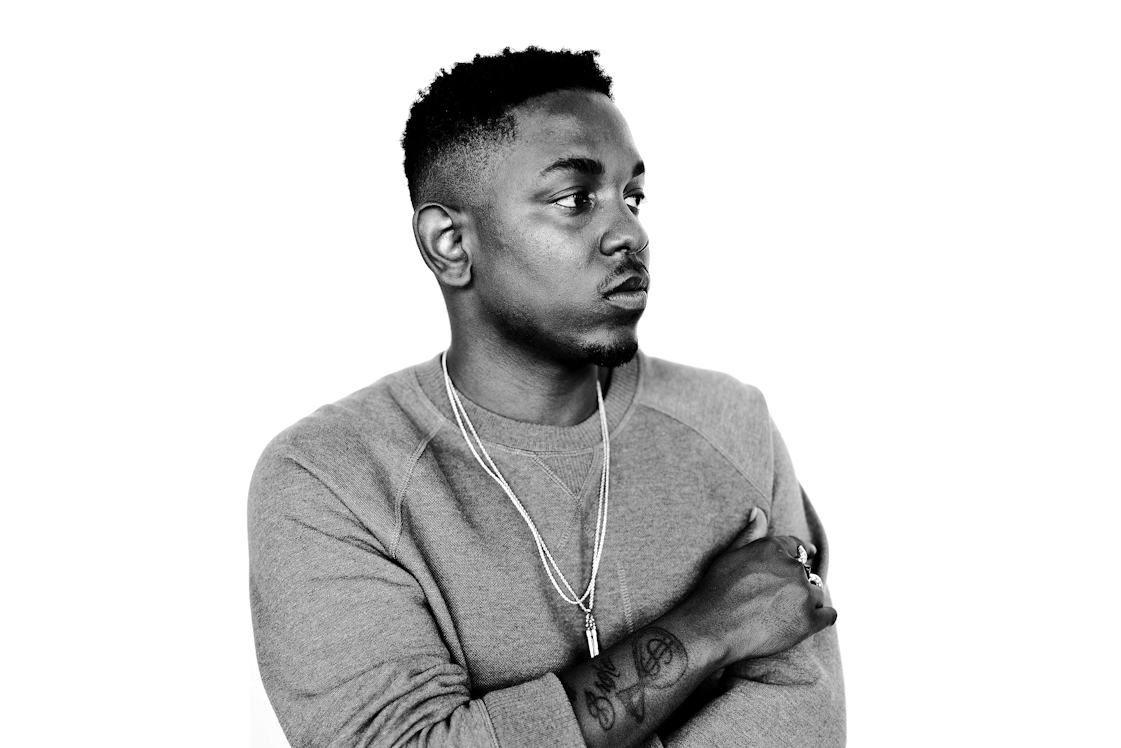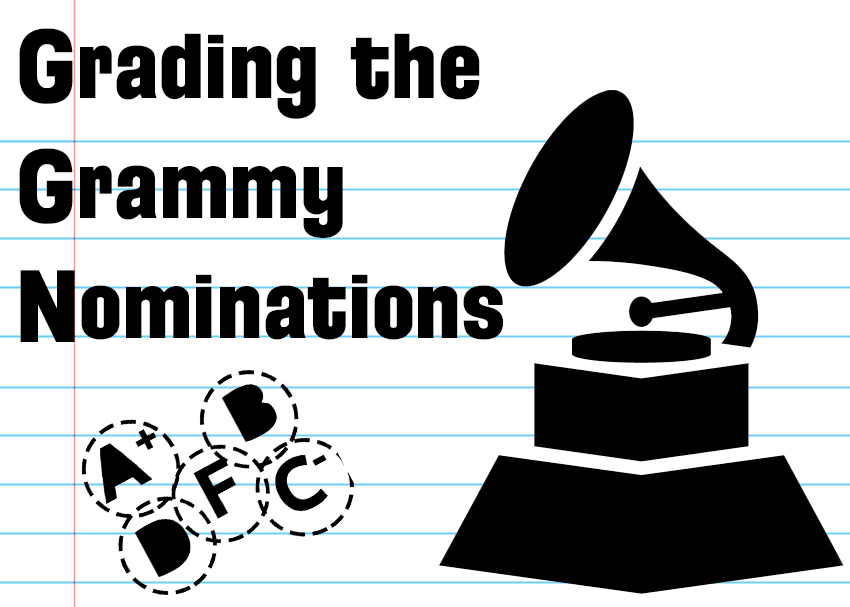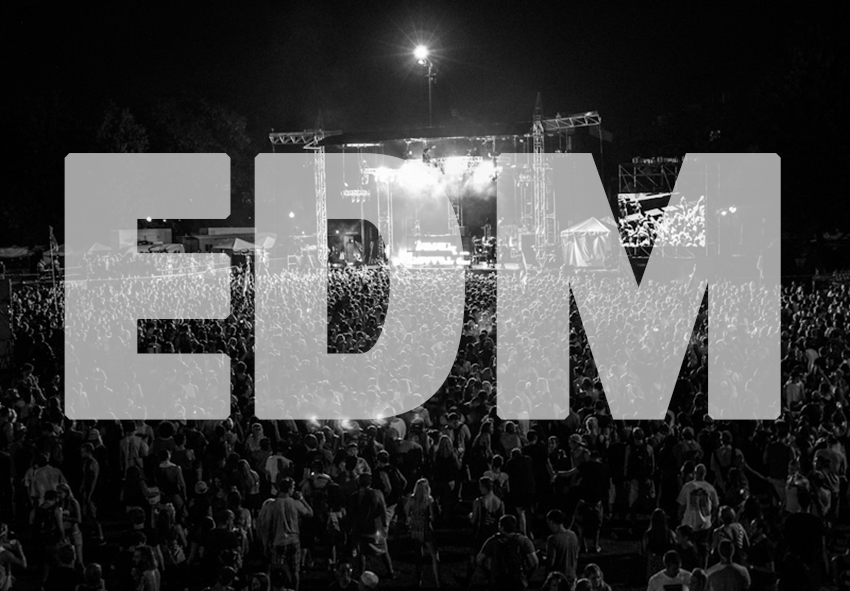Grading the Grammy Nominations
As the music industry has evolved over the past decade into the digital world, things have changed quite a bit. Hard copies are hardly ever bought anymore, nor does anyone seem to buy whole albums at all, as the iTunes Store model has taken over and the industry has increasingly become about what the consumer wants as opposed to what the labels want the listeners to hear. While this has resulted in a sort of musical reawakening, creating a culture where listeners can stream, download or play any track they can think of with the touch of a button, music has expanded at a rapid pace, creating new genres and sub-genres and infinite new off-shoots that don't fit cleanly into any one established genre or sound.
Standing behind this industry, bearing the largest prize of all, is the Grammy Awards. This year, the award show enters its 56th installment and, while a dance music category was finally introduced last year, the judging seems more out of touch than ever, but of course this has been an issue for some time. The Grammys are like Social Security. You don't really care about it much until you're too old to get up from the sofa. Generations have rallied against the award for years. In 1991 Sinead O'Connor simply refused to show up and boycotted the show, despite being nominated in four categories. After winning "Best Hard Rock Performance" in 1998, Pearl Jam frontman Eddie Vedder stood onstage perplexed and, staring at the golden trophy, said into the microphone, "I don't know what this means. I don't think it means anything." It's not news that the team behind the Grammy Awards has been out of touch for some time, but at no time in history has it been so blatantly about the money in an industry that today makes significantly less money than it used to. It's macroeconomics of the current American condition played out with celebrities and gold gramophone statues. Plus, Kanye already spoke out. So, for this latest round of Grammy nominations, I figured I would sift through who was chosen and offer up my own choices for the top prizes in music this year.
Wall Street Advisor Values EDM at $20 Billion
The monster that has become Electronic Dance Music is an anomaly in the history of the music industry. This week, Wall Street veteran John Langdon and his company, Massive Advisors LLC, projected the EDM market as a "$15.0 to $20.0 billion global industry, with the major players in the global festival market achieving $4.5 billion in sales for 2012." Since the recording industry was humbled over a decade ago by Sean Fanning and peer-to-peer file sharing, the "traditional" route for artists has changed dramatically, as have the bottom lines of most labels and artists.
The surprising thing about Langdon's report is that, "The findings of the Massive White Paper show the EDM industry still is often completely ignored or misunderstood by governments and businesses worldwide -- from traditional music distributors, to apparel brands, to acoustics manufacturers." Turn on your radio. There is definitely a rock station, a hip-hop station, an oldies station, etc. I have yet to see an EDM-dedicated radio station, at least here in the Midwest. EDM is simply the first genre to emerge (or, re-emerge) in the aftermath of Napster, as technology slowly encapsulates our daily lives. EDM lives on the internet. Sites like Beatport have blown up by catering to EDM artists and fans. The best way for artists to make money these days is performing, and perhaps nowhere else in the music landscape are artists paid so much for seemingly doing so little.
An artist with a band has to split whatever he makes with everyone he performed with, plus the money to move the equipment from place to place. In contrast, EDM artists rarely need more than a computer, assorted electronic equipment, a place to stand and enormous speakers, and they get paid like kings. Earlier this month we posted a Forbes report of the top paid DJs in 2013. 23 year old Avicii, who has yet to release a full-length studio album, pulls in $20 million a year while Calvin Harris, who commands upwards of $200,000 for a performance raked in nearly half a billion dollars himself. As the genre continues to grow, it will be interesting to see if the bubble pops. Until then, dance on.
http://youtu.be/v3ZIWYVYEK0



